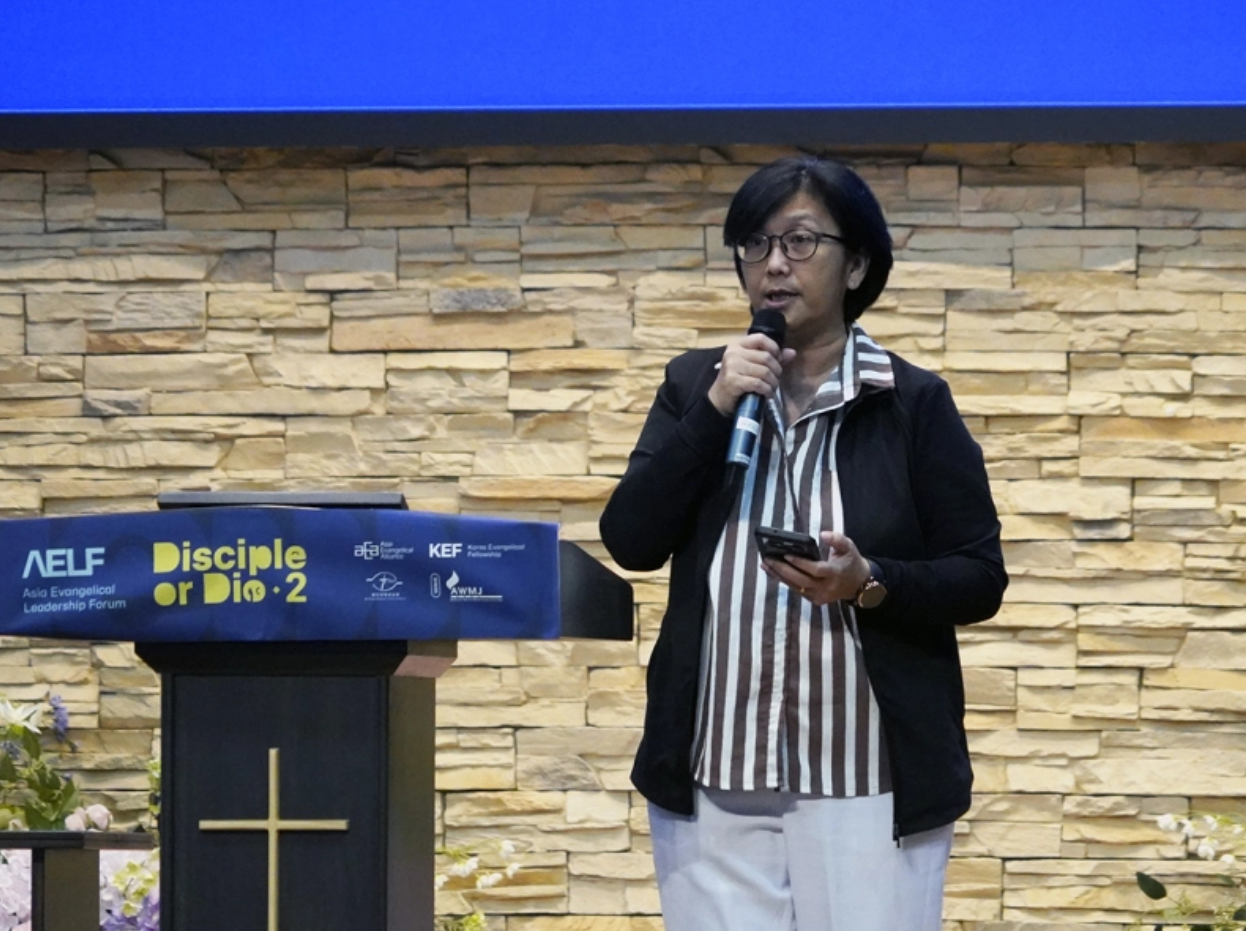A new poll released ahead of the annual March for Life reveals that most young Americans support efforts to ban abortions after a baby’s heartbeat can be detected.
The poll, conducted on behalf of the pro-life organization Students for Life of America from Jan. 5–11, asked 834 young adults between the ages of 18 and 34 for their views on abortion and the United States Supreme Court decision Roe v. Wade that legalized abortion nationwide. The poll’s release comes as pro-lifers are set to gather in Washington, D.C., Friday for the annual March for Life that’s held in the nation’s capital around the anniversary of the Roe decision.
The survey informed respondents that “the human fetal heart begins to beat 21 days after conception, at 3 weeks gestation” before asking if they supported banning abortions after a heartbeat is detected. Fifty-two percent of those surveyed said they supported banning abortions after a heartbeat can be detected compared to 48% who opposed.
Denise Harle, an attorney with the religious liberty law firm Alliance Defending Freedom, reacted to the poll’s findings in an interview with The Christian Post. “I think that is fantastic news,” she said.
Harle told CP that she was “so encouraged” because “it means that … our younger generation understands what medical science shows us and what biology teaches us, which is that … life begins at conception, it’s a human right and it should be protected.”
Some of the young Americans who participated in the poll changed their views on abortion once they received more details about Roe v. Wade. Initially, 60% of respondents expressed some level of support for Roe, with 21% saying that they very strongly supported the decision, 26% reporting that they strongly supported the decision, and 12% telling the pollster that they did “not strongly support” it.
The share of respondents who expressed some level of support for Roe decreased after they learned that Roe allows abortions to take place throughout all nine months of pregnancy, right up until the moment of birth and allows women to abort their children if they do not like the sex of their baby, fear it has an abnormality like Down syndrome or believe that the baby might be same-sex attracted or one day identify as transgender.
Additionally, the poll informed respondents that Roe has “been used to justify sending U.S. taxpayer dollars to perform abortions or off-set other expenses of abortion vendors/providers,” allows women to use abortion as contraception and “ends a disproportionate number of minority lives.” At the end of the poll, support for Roe had dropped to 50% among those surveyed.
The share of participants who very strongly support Roe dipped slightly from 21% to 20%, the percentage who strongly support Roe dropped from 26% to 21%, while 9% indicated that they did “not very strongly support it.” Harle described this finding in the poll as consistent with previous polling revealing that “when you ask people about what Roe v. Wade really held, they don’t agree with it.”
When asked for their views about abortion in general, 25% agreed with the statement asserting that “I support an abortion at any time without exception.” Twenty percent expressed support for “abortion after a heartbeat is detected, up until the fetus can feel pain.” Twenty-eight percent opposed abortions after a heartbeat can be detected, while supporting exceptions to save the life of the mother or in cases of rape or incest.
Seventeen percent opposed abortions at all times after a heartbeat can be detected, except to save the life of the mother. The remaining 9% opposed abortion in all circumstances.
While 80% of respondents supported allowing Americans to vote on the abortion policies of their respective states, only 47% said they would support a ban on abortion in their state, compared to 53% who would oppose a ban. A majority (55%) of respondents disagreed with the idea that “all Americans, regardless of their beliefs on abortion, should pay for abortions worldwide with tax dollars.”
However, 54% contended that all Americans, regardless of their views on abortion, should have to pay for abortions in cases of rape, incest or danger to the mother’s life. Respondents were split on whether or not healthcare personnel should have to perform abortions if doing so violates their conscience. Fifty-one percent disagreed with forcing healthcare personnel to perform abortions, while 49% agreed.
The Students for Life of America survey, as well as this year’s March for Life, come as the Supreme Court weighs whether or not to uphold a 15-week abortion ban in Mississippi. A ruling in favor of the state of Mississippi, which is seeking to uphold the ban, would significantly weaken the precedent set by Roe v. Wade.
Harle finds herself “very optimistic” about the future of abortion policy in the U.S. based on the oral arguments in the case surrounding the Mississippi abortion law, Dobbs v. Jackson Women’s Health Organization, which took place last month: “It’s quite possible that Roe v. Wade will be overturned, which would mean that this issue would be returned to the states so that Americans can decide and enact policies consistent with their values, policies that protect life, that protect women’s health.”
“For almost 50 years, states have been imprisoned by this one Supreme Court decision, in which seven of those nine justices decided that the American people no longer had a say in protecting life as a human right. And so there’s a very real possibility that in a matter of months, that’s going to be undone. And it’s going to free us up to go back to America’s foundational respect for life and embrace a culture that celebrates life.”
Harle emphasized that an end to Roe would not mean the end of the pro-life movement. “The battleground will shift,” she predicted. “If Roe v. Wade is overturned and the issue goes back to the states, that means every state will have the ability to decide its own policies. And so, that’s going to be so important to make sure that states immediately put good measures in place that protect the humanity of unborn children.”
“There will be states like New York and California that want to continue sanctioning abortion up until the moment of birth and we have a lot of work there to do to continue to show them the humanity of the unborn child and the dangers and harms to women who go through abortion and … how demeaning it is for us to tell women that they need abortion to succeed in our nation, which is a lie,” she proclaimed.
Ryan Foley is a reporter for The Christian Post. He can be reached at: [email protected]
Originally published on The Christian Post
(c) The Christian Post, used with permission




